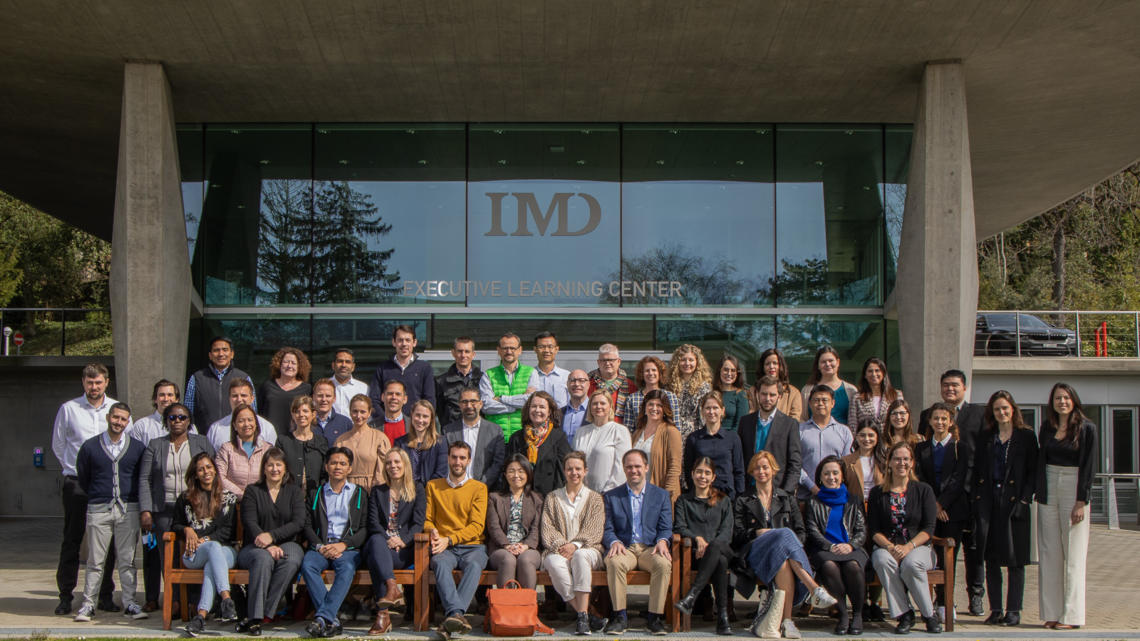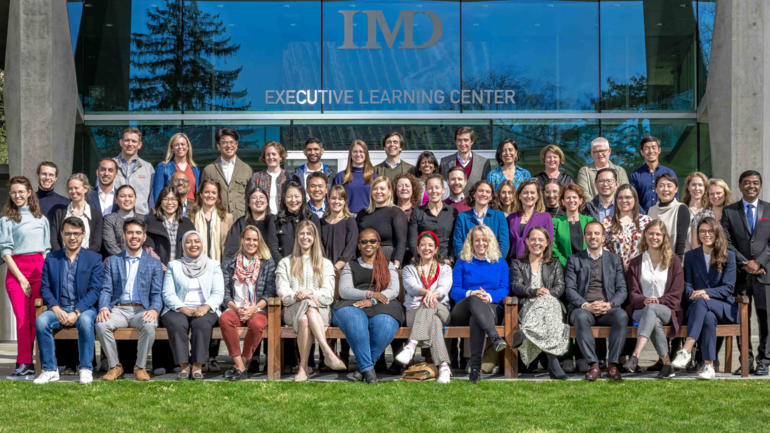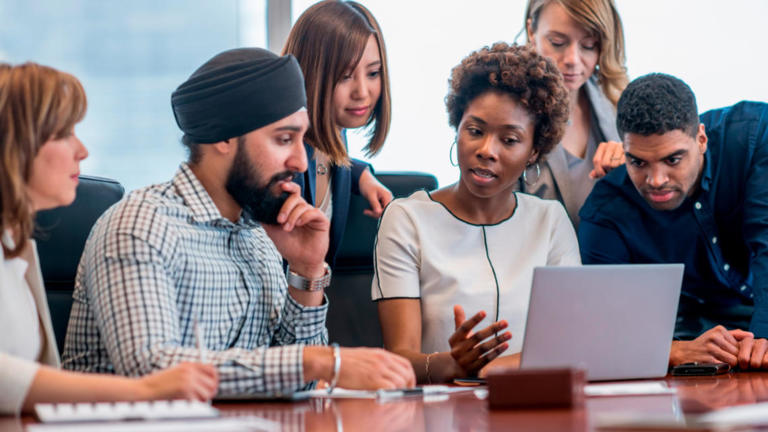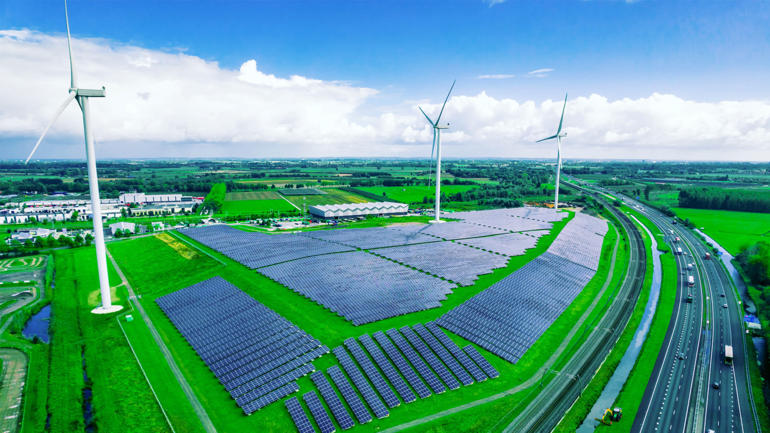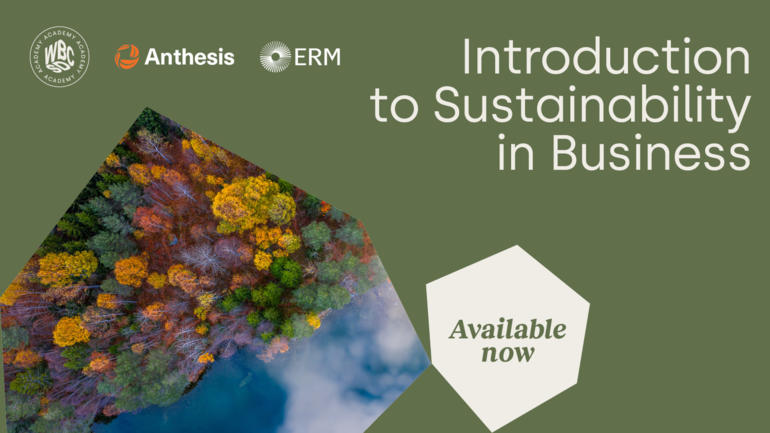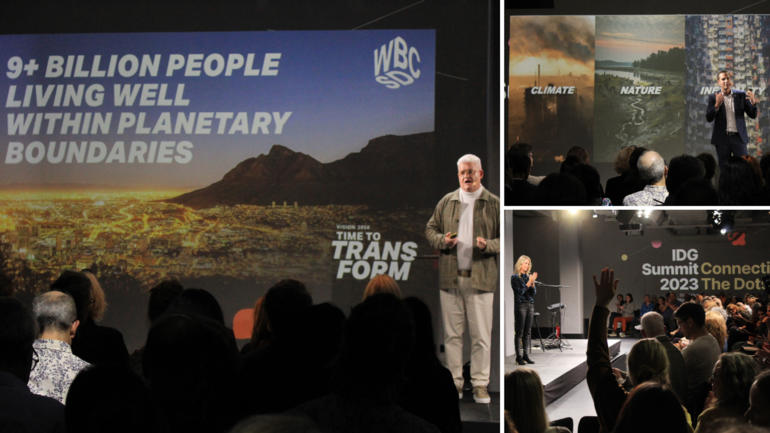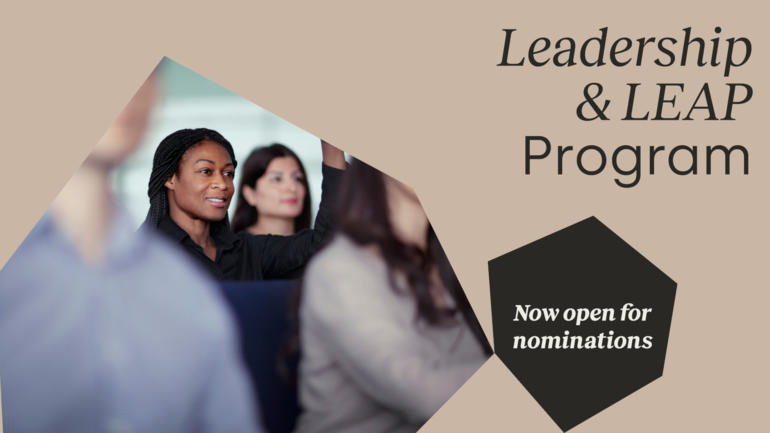The collective effort to build a more sustainable world for the future is vital and timely. This was the theme of the first session of the 2023 World Business Council for Sustainable Development (WBCSD) Leadership Program at IMD in Lausanne, Switzerland. Designed for the next generation of leaders, the year-long program helps business leaders understand sustainable development challenges in-depth while navigating complex, interdisciplinary topics that will determine the future. Ultimately, the program enables individuals and organizations to lead, transform, and succeed.
I am privileged to join this program with 46 of my peers worldwide. During the week, we learned from well-regarded experts, academic thought leaders, and, most importantly, each other. I take this opportunity to share my learnings, reflections, and personal commitments from this profoundly enriching experience.
Learning
One of the profound learnings for me was to realize how unsustainable our ways of life have become and the urgency of the enormous task (of leading change) ahead of us.
We have overshot most of the planetary boundaries, and we are on target to exhaust our carbon budgets. We are the first generation to feel the impact of climate change and the last generation to do something about it. The following seven years are humanity`s best chance to bring transformational change. We still can change, and we can all lead change.
However, leading change is never easy or comfortable, and leading a global challenge such as climate change will always come with a risk of failures & heartaches along the way. One needs resilience to get back up and to keep fighting the good fight. My favorite metaphor for this is that of a butterfly in metamorphosis.
It goes like this:
A caterpillar crunches its way through its ecosystem, cutting a swath of destruction by eating as much as hundreds of times its weight in a day until it is too bloated to continue and hangs itself up, its skin then hardening into a chrysalis.
Inside this chrysalis, deep in the caterpillar’s body, tiny things biologists call ‘imaginal disks’ begin to form. Not recognizing the newcomers, the caterpillar’s immune system snuffs them as they arise. But they keep coming faster and faster, then linking up and learning from each other.
Eventually, the caterpillar’s immune system fails from the stress, and the disks become imaginal cells that build the butterfly by feeding on the soupy meltdown of the caterpillar’s body. It’s the caterpillar’s job to resist the butterfly and the butterfly’s job to become stronger because of the opposition to its advance.
I see sustainability professionals as imaginal discs working to build the butterfly of a better world. We are launching a new ‘genome’ of values and practices to replace the current unsustainable system. We will also see how important it is to link with each other in the effort, to recognize how many different kinds of imaginal cells it will take to build a butterfly with all its capabilities and colors. I am glad to have found 46 other change agents through this program who are on the same journey as I am and whom I can collaborate with in the next few weeks & the months ahead.
Reflections
As we closed the session in Lausanne and shared our key takeaways, three main themes emerged for me:
- We all have a leadership role in sustainable development: We are all uniquely positioned to drive impact as leaders, specific to our business contexts. My peers who are leaders in consulting have different opportunities than my peers in energy. Although our technical backgrounds, geographies, and businesses vary, we are well-positioned to learn from each other in a complementary way.
- Sustainability is not a single company game. It is a collaboration game, and imperfect solutions are always better than inaction: No single company or country can solve these complex challenges. We must acknowledge that there are different belief systems, and that consensus on a perfect system may not emerge. We need to collaborate more and co-create more, and don’t let perfection slow our progress
- What got us here won't get us there: A century ago, the work to address environmental and social challenges was different, but even five years ago, it was different. As leaders in sustainable development, we must embrace the dynamic nature of our work to succeed. The pace of change will only increase, so enhanced collective agility needs to follow.
- Look to thought leaders for forward-thinking insights: During the past week, I learned so much from my peers and am fortunate to have such a diverse, professional, and intelligent group of thought leaders in this new global network. A common theme that emerged was the value of embracing external perspectives. The hopeful result is more comprehensive policies, better-balanced programs, and stronger leadership impact.
Personal commitments
“Yesterday, I was smart, I wanted to change the world
Today, I am wise. I am trying to change myself”
- Rumi
As I close this module 1, I will think about my personal consumption of natural resources and my impact on nature, climate, and equity. I will commit to listening more, trying more, and collaborating more with others, and most definitely, I will keep fighting to make the world a better place.
Many thanks to Rodney Irwin, Suzanne Bodmer-Feinmann, and David Bach for their thoughtful leadership, as well as the professors, experts, and team members who worked hard to bring together an impactful week. There is much to learn, much to look forward to, and much to do.

